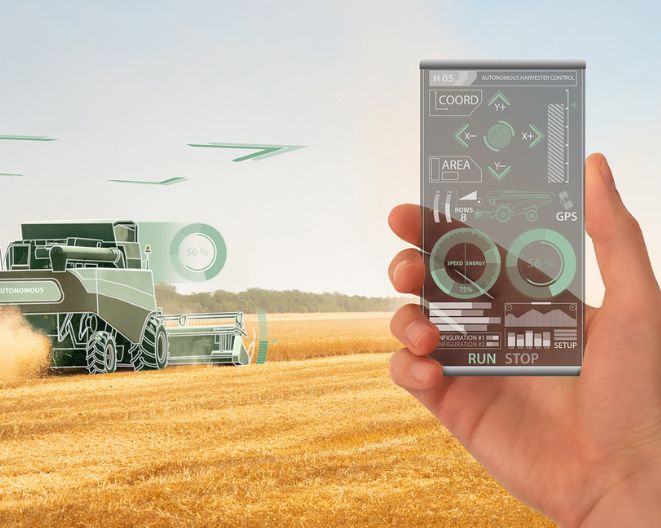Ensuring that people have access to nutritious and safe food is a fundamental aspect of human well-being. However, with the world’s population projected to reach nearly 10 billion by 2050, it is more important than ever to ensure that food production is sustainable, efficient, and equitable. In this post, we will explore the intersection of nutrition, food security, and agro-transformation, and how these three elements are crucial for creating a sustainable food system.
The Importance of Nutrition
Nutrition is essential for human health and development. Adequate intake of essential nutrients is essential for preventing chronic diseases and ensuring that people have the energy and resources they need to lead healthy and productive lives. However, many people around the world do not have access to nutritious and safe food. This can lead to malnutrition and a host of health problems, including stunted growth, anemia, and poor cognitive development.
The Importance of Food Security
Food security is the availability, accessibility, and affordability of nutritious and safe food for all people. This includes not just having enough food to meet basic needs but also having access to a diverse and nutritious diet. Food security is crucial for human well-being and is a fundamental aspect of sustainable development. However, many people around the world do not have access to food security, which can lead to malnutrition and hunger.
The Role of Agro-transformation
Agro-transformation is the process of modernizing and transforming agricultural systems to increase productivity, efficiency, and sustainability. This includes the use of new technologies, such as precision agriculture and genetically modified crops, as well as the adoption of sustainable farming practices, such as agroforestry and conservation agriculture. Agro-transformation can help improve food security by increasing yields, reducing waste, and improving the nutritional quality of food.
The Intersection of Nutrition, Food Security, and Agro-transformation
Nutrition, food security, and agro-transformation are closely interrelated. By improving food security and increasing the availability of nutritious food, agro-transformation can help improve nutrition and prevent malnutrition. Similarly, by improving nutrition and reducing malnutrition, food security can be strengthened. Furthermore, by using sustainable farming practices, agro-transformation can help protect the environment and preserve natural resources for future generations.
Implementing sustainable practices
Implementing sustainable practices in agriculture is crucial for achieving food security and improving nutrition. This includes adopting conservation agriculture, agroforestry, precision agriculture, and other sustainable farming practices. These practices can help to conserve resources such as water and soil, reduce the use of chemicals, and increase crop yields. Additionally, sustainable practices can also help to improve the nutritional quality of food, for example, by promoting the use of nutrient-rich crops and reducing post-harvest losses.
Partnerships and collaboration
Creating sustainable food systems requires partnerships and collaboration between different sectors and stakeholders. This includes partnerships between governments, the private sector, and civil society organizations. Additionally, partnerships between farmers, researchers, and extension workers can help to promote sustainable farming practices and improve access to information and resources. Furthermore, partnerships with the financial sector can help to provide access to credit and investment for farmers and agribusinesses.
Conclusion
Ensuring that people have access to nutritious and safe food is essential for human well-being. Nutrition, food security, and agro-transformation are closely interrelated and are crucial for creating a sustainable food system. By improving food security and increasing the availability of nutritious food, agro-transformation can help improve nutrition and prevent malnutrition.





